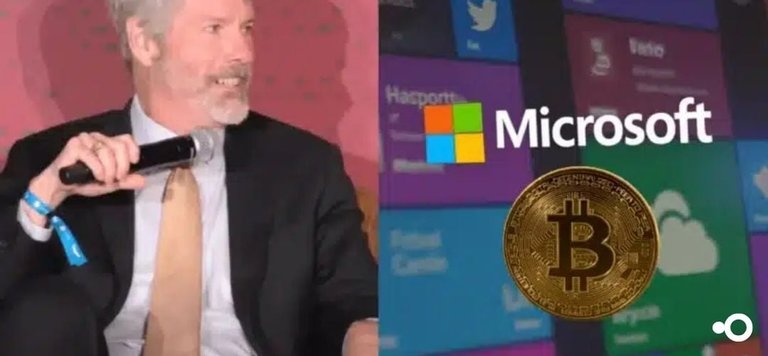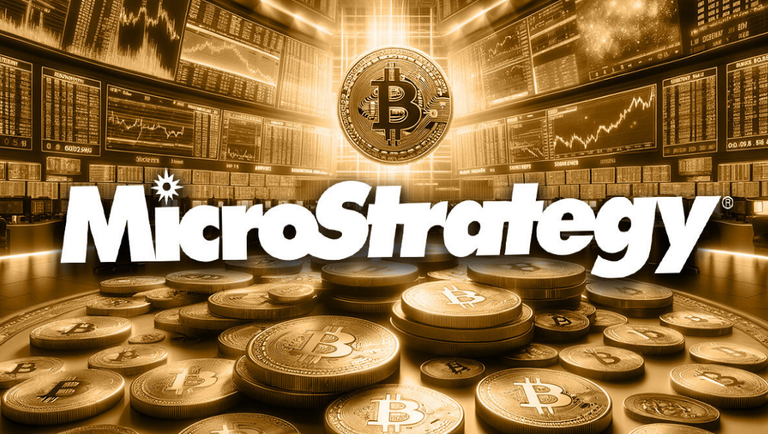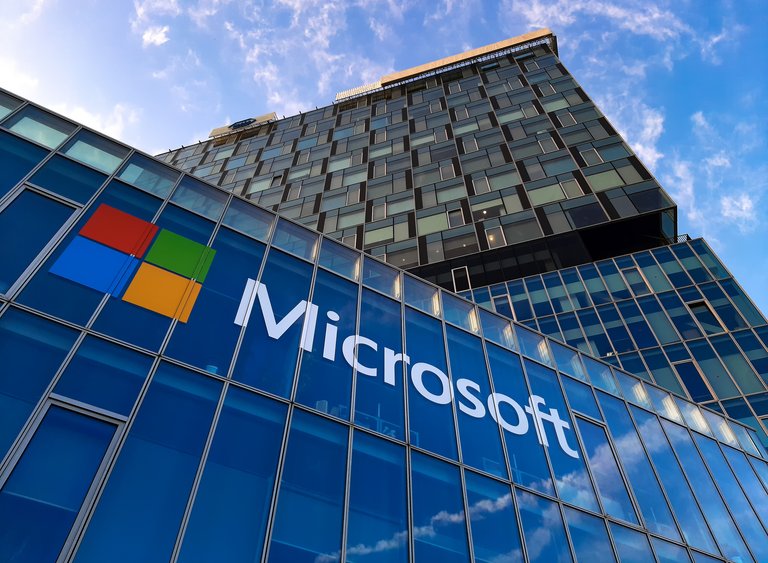
Michael Saylor, Executive Chairman of MicroStrategy, recently proposed a bold Bitcoin investment strategy to Microsoft’s board of directors. On December 1, Saylor presented his case, suggesting that by integrating Bitcoin into its financial strategy, Microsoft could boost its market capitalization by nearly $5 trillion. He emphasized the transformative potential of Bitcoin, urging Microsoft to lead the next wave of technological innovation.
"Microsoft cannot afford to miss the next technological revolution, and Bitcoin is that wave," Saylor declared.
A Comprehensive Bitcoin Strategy for Microsoft
Saylor outlined a proposal for Microsoft to allocate its cash flows, dividend payments, share buybacks, and debt into Bitcoin. He argued that such a move could deliver substantial financial rewards to shareholders.
"If you do this, you’ll add hundreds of dollars to the stock price," he claimed, projecting that this strategy could generate trillions of dollars in corporate value while mitigating risks for shareholders.

According to Saylor’s analysis, Bitcoin could add as much as $584 per share to Microsoft’s stock price over the next decade, assuming Bitcoin reaches a valuation of $1.7 million by 2034. By investing its assets and financial resources into Bitcoin, Microsoft could potentially increase its market cap by $4.9 trillion.
Currently valued at $3.18 trillion, Microsoft ranks as the third most valuable company globally, trailing only Apple Inc. and Nvidia Corp.
Bitcoin’s Performance Underscores Saylor’s Argument
Bitcoin’s impressive performance in 2024 bolsters Saylor’s case. The cryptocurrency has surged by 120% this year, climbing nearly 40% in the past month alone and nearing the $100,000 mark.
Since 2020, MicroStrategy has invested in 386,700 Bitcoin at a total cost of $21.9 billion. With Bitcoin valued at $97,200, this investment is now worth approximately $37.6 billion. As a result, MicroStrategy’s stock has soared 465.5% in 2024, reaching a record $421.88 per share in November.
Saylor highlighted growing public and political support for Bitcoin, framing it as part of a larger "crypto renaissance." He cited favorable remarks from former U.S. President Donald Trump and the introduction of Bitcoin investment products by major Wall Street firms as evidence of Bitcoin’s mainstream adoption.
Proposing $100 Billion Annual Investments in Bitcoin
Saylor urged Microsoft to allocate $100 billion annually to Bitcoin investments. He argued that buying Bitcoin would be more profitable than share buybacks or holding bonds.

"What if you could purchase a $100 billion company that grows faster than Microsoft at one times its revenue?" he posed, illustrating Bitcoin’s potential as a high-growth asset.
He concluded his proposal with a call for decisive action:
"Now is the time for Microsoft to evaluate its strategic options regarding Bitcoin. Do the right thing for the world and adopt Bitcoin."
Broader Adoption: Brazil and Texas Explore Bitcoin Reserves
The movement to adopt Bitcoin isn’t limited to corporations. Last week, Brazilian Congressman Eros Biondini introduced legislation to create a national Bitcoin reserve, the “Reserva Estratégica Soberana de Bitcoins” (RESBit). The proposal suggests allocating up to 5% of Brazil’s $372 billion in international reserves to Bitcoin.
Similarly, Texas legislators are considering establishing a strategic Bitcoin reserve, as advocated by the Satoshi Action Fund (SAF), a non-profit organization promoting Bitcoin adoption.

Implications for Microsoft and Beyond
Saylor’s vision underscores the increasing momentum for Bitcoin adoption across governments, corporations, and institutions. If Microsoft embraces Bitcoin, it could not only redefine its financial strategy but also cement its leadership in the emerging digital economy. With Bitcoin’s meteoric rise and growing acceptance, this strategy could set the stage for a new era of technological and financial innovation.



